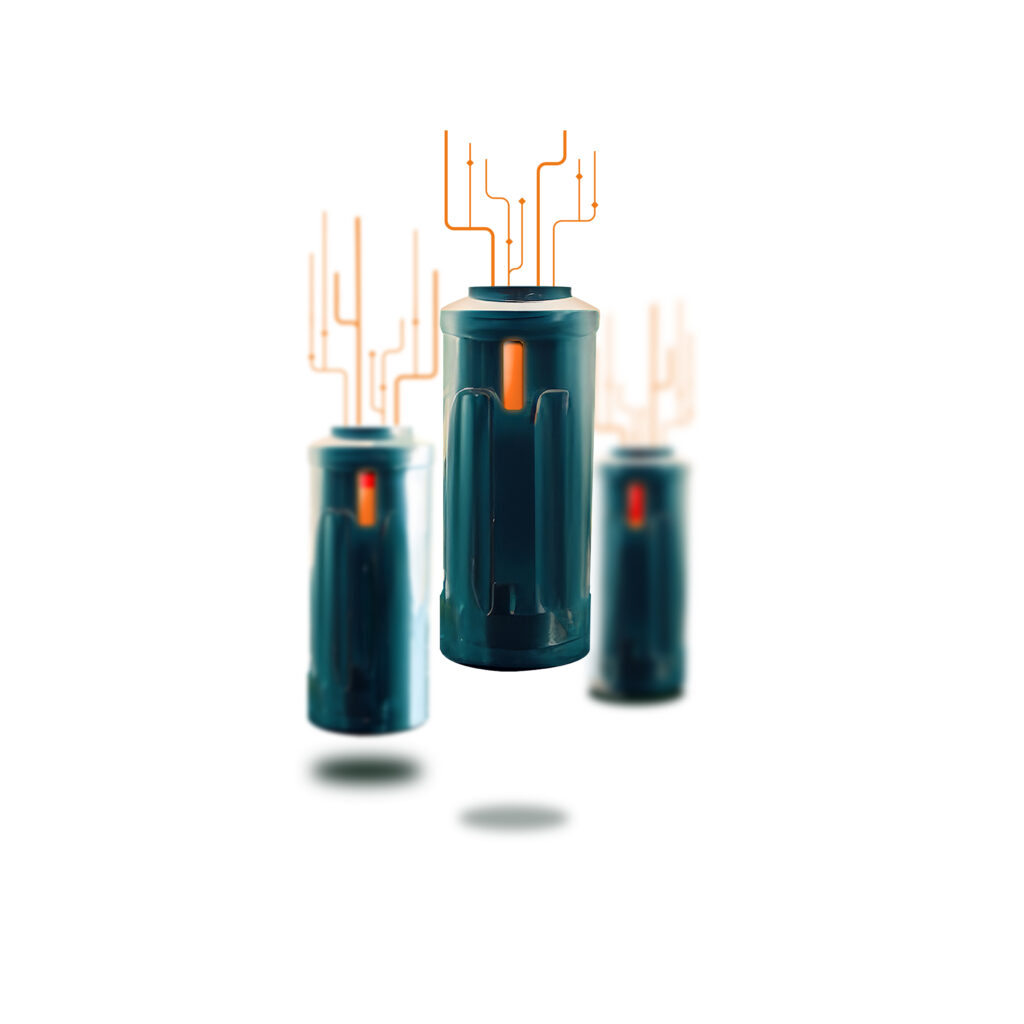
A two-year long project is set to develop the way we ensure the stability and reliability of power systems. The Grid Code Certification by Simulation (GCCS) project, led by the University of Vaasa, focuses on developing Hardware-in-loop (HIL) simulation methods to ensure that power systems and their components comply with grid code requirements for operation, and insure a safe connection of power systems.
The GCCS project aims to create sophisticated simulation models capable of testing power systems and their components. By doing so, the project ensures that these systems meet the requirements set by grid operators, crucial for ensuring the reliability and stability of power systems.
One of the key features of the GCCS project is its focus on hardware-in-loop simulation. The project uses technology to model various scenarios affecting power system. This approach allows for a detailed analysis of how different components interact within the system, ensuring compliance with grid codes.
The GCCS project developsa simulation process to verify compliance with a variety of grid codes. This process involves rigorous testing and validation of power systems and components, ensuring they meet the necessary grid code requirements. By establishing a thorough testing process, the project provides a reliable framework for assessing the compliance of power systems by hardware-in-loop simulation.
Collaboration is a cornerstone of the GCCS project. The initiative involves multiple stakeholders to ensure comprehensive and effective solutions. The collaborators in the project are, apart from University of Vaasa, Danfoss, Wärtsilä, Kempower, Fingrid, VEO and Vaasan Sähköverkko. The collaborative effort amongst these partners helps address the diverse challenges faced by the power industry, fostering innovation and promoting best practices.
The Grid Code Certification by Simulation (GCCS) project represents a step towards modernizing power systems certification and ensuring they meet the necessary standards for reliability and efficiency. Through the development of advanced simulation models and a robust certification process, the project aims to evolve the certification process of power systems, ultimately benefiting the entire energy sector.
The project is part of Danfoss´ Leading Company programme Fossil Free Future and is set to be ongoing until September 2026.
